Writers@Work: Using Family Stories in Fiction
February 2, 2021
Note From Rochelle
Dear Writers,
Who cares about your writing?
Sometimes caring about our own writing isn’t quite enough to get our butt in the chair.
We need someone else to care. We need to feel like if we do not finish this piece, we might disappoint a friend or coach or a group of people.
That’s why having a peer group can increase our chances of productivity—because someone else cares about whether we succeed or not.
It’s as simple as that.
If you’re interested in being a part of my brand new Writing Accountability Group, you can sign up on the website.
Today I am delighted to welcome Lauren Fox to the blog. Lauren is the author of four novels and her brand new book, Send for Me, is out today! Lauren Fox will appear tonight in conversation with J. Courtney Sullivan at a virtual book event hosted by Boswell Book Company.
Enjoy!
Rochelle
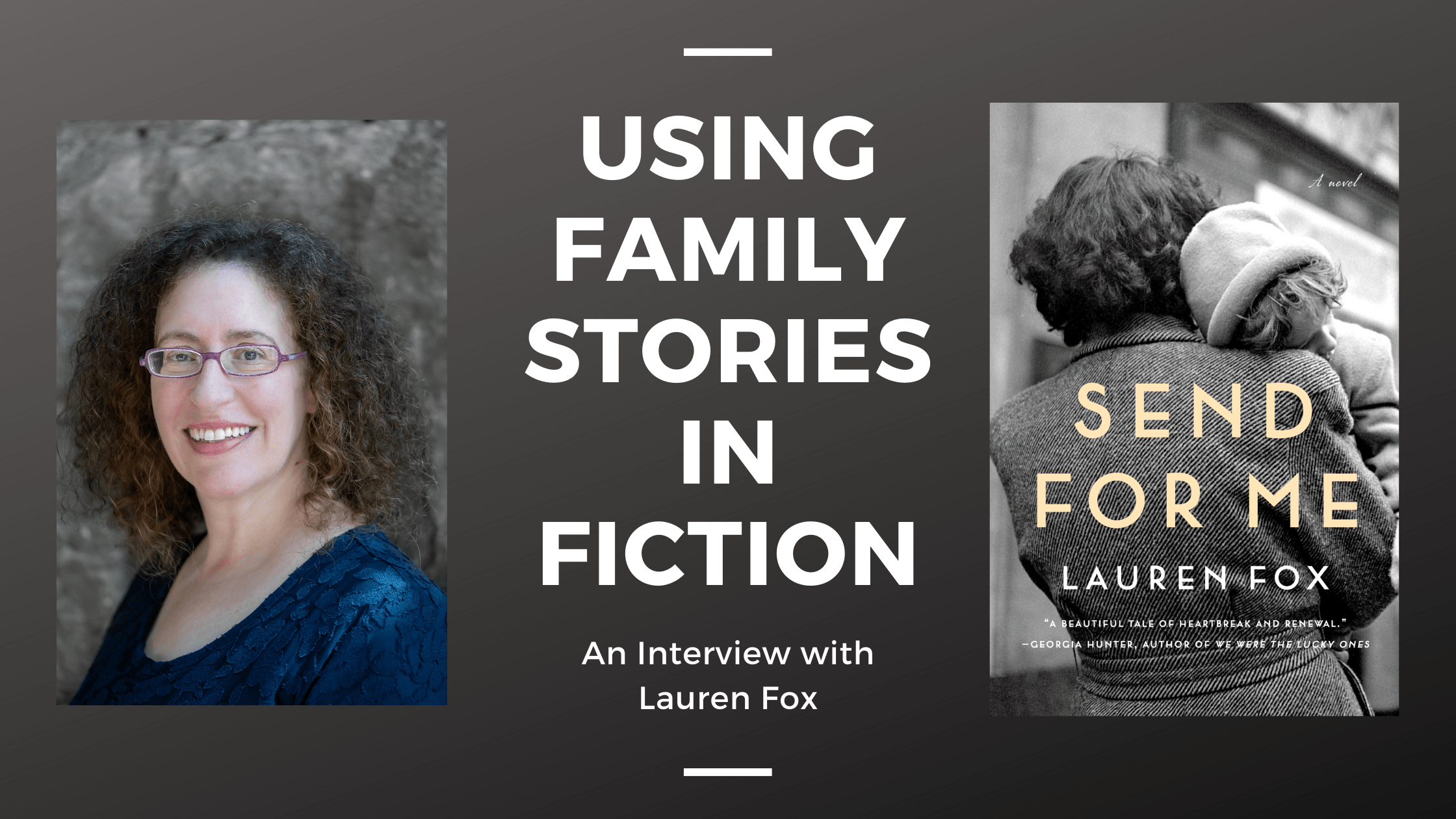
Writers@Work:
Using Family Stories in Fiction
An Interview with Lauren Fox
by Rochelle Melander
Welcome to the blog, Lauren! Tell us about your new book, Send for Me.
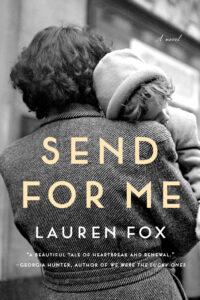 Send for Me is about four generations of women, and the twin traumas of the Holocaust and family separation. The novel follows Klara, Annelise, Ruth, and Clare, from Germany to Wisconsin. It begins in the 1930s, when the situation for Jews in Germany is becoming increasingly untenable, and ends fifty years later when Clare discovers a trove of letters that her great-grandmother, Klara, wrote to her grandmother, Annelise. In the book, I weave my actual family letters through with the fictional plot of the story, so my personal history provides the backdrop. At its heart, the story is about the fierce and sometimes complicated bonds between mothers and daughters.
Send for Me is about four generations of women, and the twin traumas of the Holocaust and family separation. The novel follows Klara, Annelise, Ruth, and Clare, from Germany to Wisconsin. It begins in the 1930s, when the situation for Jews in Germany is becoming increasingly untenable, and ends fifty years later when Clare discovers a trove of letters that her great-grandmother, Klara, wrote to her grandmother, Annelise. In the book, I weave my actual family letters through with the fictional plot of the story, so my personal history provides the backdrop. At its heart, the story is about the fierce and sometimes complicated bonds between mothers and daughters.
I read that you wrote about your family history and the holocaust in graduate school. This book is also based on your family history. How are the two projects related?
Well, my master’s thesis was basically the memoir version of this novel. When I was in graduate school, like Clare, I discovered letters that my great-grandmother, in Germany, wrote to my grandmother, who had by then settled in Milwaukee. The letters date from 1938 to 1941, as my great-grandparents were trying desperately, and ultimately unsuccessfully, to leave. I had them translated and wrote about the process, as well as about what it felt like to grow up in the shadow of loss. When I left graduate school I put that project behind me, but it stayed with me for years. It resurfaced in 2016, and I couldn’t ignore it. But by then I had written three novels, and I realized that I wanted to tell this story differently, that I could open it up and let light and air into it if I allowed myself to fictionalize the characters.
Can you talk about how writing about your own family’s history affected you or your writing process? Do you have any tips for writers who might want to tackle a project like this?
I felt really obligated to tell the truth of this story, because so much was at stake in getting it right. I think one of the things that gave me the confidence to write this family story was to look at it through a sharp historical lens. When I expanded outward from my own life experiences, I needed to do a ton of research. When I was comfortable with my knowledge of the history of the time period, I was able to root my characters in their setting. So my advice, I think, is for writers not to be scared of research. Understanding the time period you’re writing about is a window into your characters’ hearts and heads.

In 2019, anti-semitism in the United States hit a four-decade high (according to the Anti-Defamation league). Then 2020 happened, with the pandemic and conversations around race and culture. How did today’s cultural context impact your writing of this story?
The cultural climate of the last four years made this story feel more urgent to me—and not just the increase in anti-Semitism, but the violent racism and anti-Muslim discrimination that reared its ugly head, along with the family separations at the border. All of it made it clear that, unfortunately, the lessons of the Holocaust still haven’t been learned, and if I could play a tiny part in amplifying this story, I needed to do it.
What have you done to stay grounded and hopeful this year?
That’s a good question. This year has been so hard, and it’s been a huge challenge to feel grounded and hopeful. My daughters and I have watched quite a bit of hilariously bad TV, and that has been a tonic. (Our favorite was a reality dating show called Love Is Blind.) I’ve also done a lot of Swiffering. I don’t have control over much, but my floors are very clean. And I’ve kept writing, which is always and forever the way I stay somewhat grounded and moderately sane.
What are you reading now?
I just finished reading Hamnet, by Maggie O’Farrell, which took my breath away. I also just read an advance copy of a fabulous historical novel called The Cape Doctor, written by my friend E. J. Levy. It’s about Dr. James Barry, who was born a woman but lived as a man in order to practice medicine. It’s scheduled to be published in June of this year. Tonight I’m going to start We Were the Lucky Ones, by Georgia Hunter.
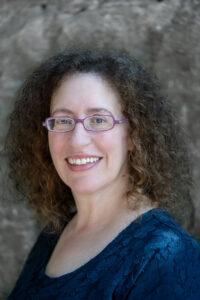 About the author. Lauren Fox is the author of the novels Still Life with Husband, Friends Like Us, Days of Awe, and Send for Me, which will be published by Knopf on February 2, 2021. She lives in Milwaukee with her family.
About the author. Lauren Fox is the author of the novels Still Life with Husband, Friends Like Us, Days of Awe, and Send for Me, which will be published by Knopf on February 2, 2021. She lives in Milwaukee with her family.




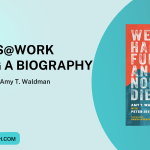


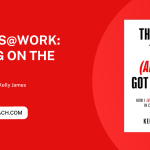







I would like to view the interview this evening-Feb. 2nd. Am I too late?
Thank you. suzy Ettinger
You have time! I just sent you an email!